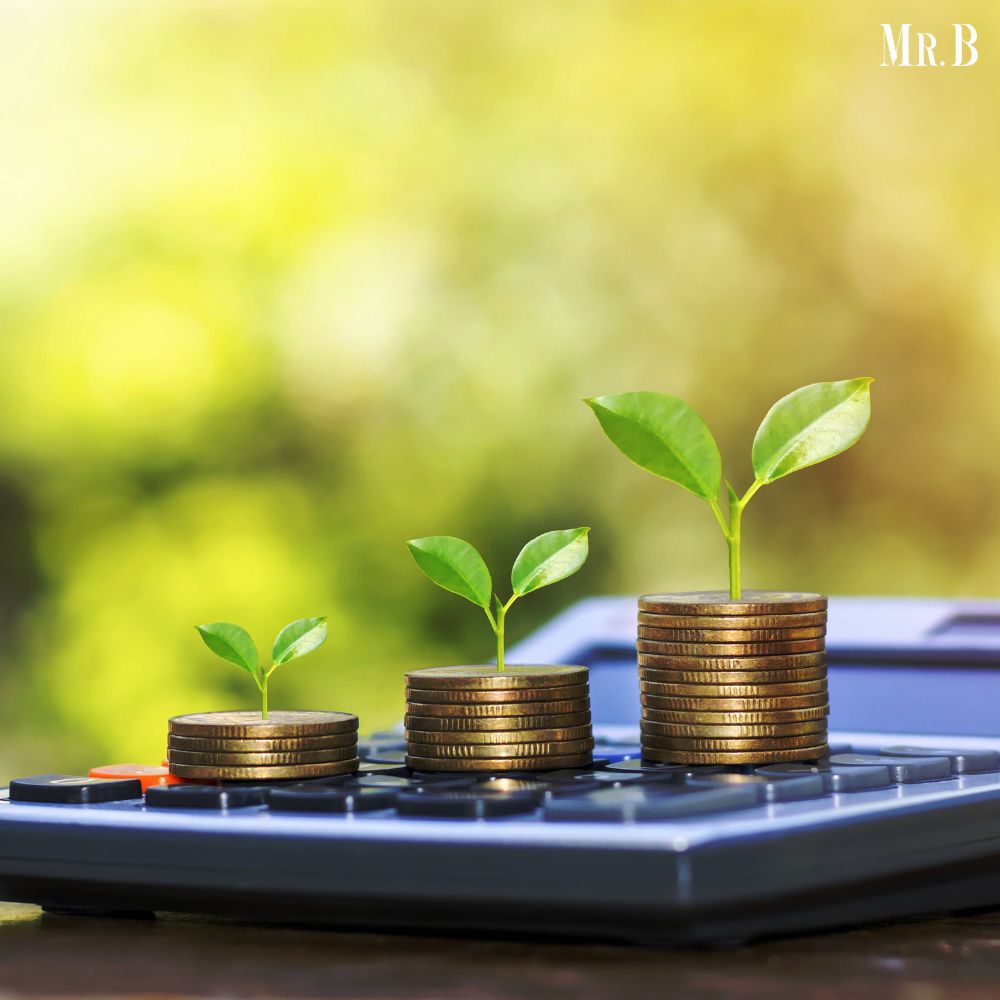Exploring Economic Sustainability Measures for a Resilient Future
- Category: Finance

In an era marked by global challenges and rapid changes, the concept of economic sustainability has become paramount. Governments, businesses, and individuals alike are increasingly recognizing the importance of adopting robust economic sustainability measures to ensure a stable and thriving future. This article delves into the key economic sustainability measures that can pave the way for resilience and prosperity.
Measures of economic sustainability measures:
1. Diversify Revenue Streams:
One of the fundamental economic sustainability measures involves diversifying revenue streams. Relying on a single source of income can make economies vulnerable to fluctuations. Governments and businesses must explore and invest in diverse sectors to create a resilient and sustainable economic foundation.
2. Invest in Renewable Energy:
A crucial aspect of these measures is the transition to renewable energy sources. Investing in clean energy not only mitigates environmental impact but also fosters long-term economic stability. Governments and businesses embracing sustainable energy contribute to both economic and environmental resilience.
3. Promote Circular Economy Practices:
Encouraging circular economy practices is among the proactive economic sustainability measures. This involves minimizing waste, recycling materials, and promoting sustainable production and consumption. A circular economy minimizes environmental impact while fostering economic efficiency and resource conservation.
4. Support Small and Medium Enterprises (SMEs):
Nurturing SMEs is a key strategy within the sustainability measures. Small businesses are the backbone of economies, contributing significantly to job creation and innovation. Supporting and investing in SMEs ensures a diverse and resilient economic landscape.
5. Develop Sustainable Infrastructure:
Investing in sustainable infrastructure is a cornerstone among economic sustainability measures. Infrastructure projects should prioritize environmental impact, resource efficiency, and long-term benefits. This approach not only supports economic growth but also ensures that development aligns with sustainable practices.

6. Implement Responsible Fiscal Policies:
Governments play a crucial role in these sustainability measures through the implementation of responsible fiscal policies. Balancing budgets, reducing debt, and making strategic investments contribute to long-term economic stability, safeguarding against economic downturns.
7. Prioritize Education and Skills Development:
Investing in education and skills development is a forward-looking economic sustainability measure. A skilled workforce enhances productivity, innovation, and competitiveness, fostering economic growth and adaptability to evolving market demands.
8. Encourage Sustainable Agriculture:
Sustainable agriculture is an often-overlooked but vital aspect of economic sustainability measures. Practices that prioritize soil health, water conservation, and biodiversity contribute to the long-term viability of the agricultural sector, a critical component of many economies.
9. Foster Innovation and Research:
Embracing innovation and investing in research and development are integral to the sustainability measures. Nations and industries that prioritize technological advancements and creative solutions are better positioned to adapt to changing economic landscapes.
10 Strategically Manage Natural Resources:
The responsible management of natural resources is a key consideration in the sustainability measures. Sustainable extraction, conservation, and equitable distribution of resources are essential to prevent depletion and ensure long-term economic viability.

11. Promote Ethical Business Practices:
Promoting ethical business practices is a cornerstone of economic sustainability measures. Transparency, accountability, and fair business practices contribute to a stable business environment, fostering trust among consumers, investors, and stakeholders.
12. Encourage Socially Responsible Investing:
Socially responsible investing (SRI) is an emerging trend in economic sustainability measures. Investors are increasingly seeking opportunities that align with environmental, social, and governance (ESG) criteria, promoting sustainable and responsible business practices.
13. Enhance Global Cooperation:
In an interconnected world, global cooperation is vital for effective the sustainability measures. Collaborative efforts between nations, businesses, and international organizations can address transnational challenges and create a more stable and sustainable global economy.
14. Incorporate Sustainable Supply Chain Practices:
Ensuring sustainability in supply chains is a crucial economic sustainability measure. Businesses should assess and optimize their supply chains, promoting ethical sourcing, reducing waste, and minimizing environmental impact throughout the production process.
15. Adopt Digital Transformation:
Embracing digital transformation is an increasingly relevant economic sustainability measure. The integration of technology enhances efficiency, reduces resource consumption, and fosters innovation, contributing to a more resilient and future-ready economy.
Importance:
Balancing Growth and Responsibility:
These measures focus on achieving a balance between economic growth and environmental and social responsibility.

Long-Term Prosperity:
These measures are essential for ensuring the long-term prosperity of current and future generations.
Mitigating Climate Change and Resource Depletion:
By adopting eco-friendly practices and investing in renewable energy sources, businesses can reduce their carbon footprint and contribute to mitigating the adverse effects of climate change and resource depletion.
Social Responsibility:
Economic sustainability involves prioritizing fair labor practices, diversity, and inclusivity, contributing to stronger and more stable communities.
FAQs:
Q1: What are economic sustainability measures?
A1: The sustainability measures refer to strategies and practices adopted by governments, businesses, and individuals to ensure long-term economic stability, resilience, and prosperity.
Q2: Why is diversifying revenue streams important for economic sustainability?
A2: Diversifying revenue streams minimizes dependency on a single source, making economies more resilient to economic fluctuations and external shocks.
Q3: How does investing in renewable energy contribute to economic sustainability?
A3: Investing in renewable energy not only mitigates environmental impact but also fosters economic stability by creating sustainable and resilient energy sources.
Q4: Why is supporting SMEs considered an economic sustainability measure?
A4: Supporting small and medium enterprises stimulates economic growth, encourages innovation, and enhances economic resilience by diversifying business activities.
Q5: What role does sustainable agriculture play in economic sustainability measures?
A5: Sustainable agriculture practices contribute to the long-term viability of the agricultural sector, a crucial component of many economies, by prioritizing environmental conservation and resource efficiency.







